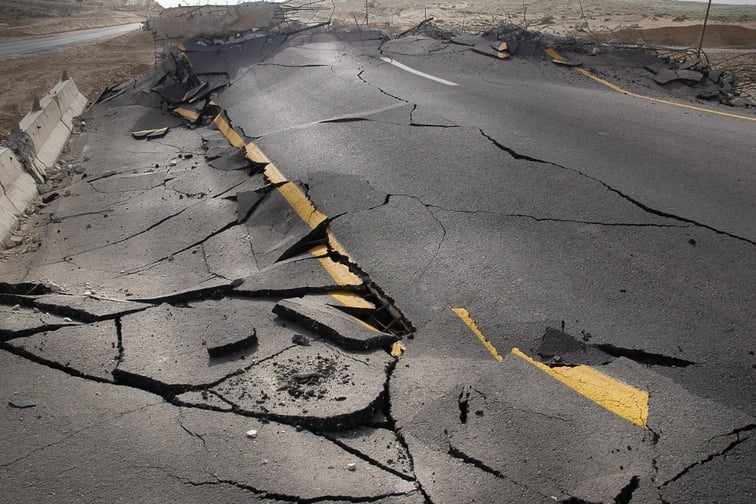

Moody’s RMS has estimated that the total insured losses from the Mw7.5 earthquake on the Noto Peninsula, Japan, which occurred on January 1, are likely to be between JPY435 billion and JPY870 billion (US$3 billion to US$6 billion).
This loss estimate by Moody’s RMS is derived from an analysis using its Japan Earthquake and Tsunami high-definition (HD) Model. The estimate accounts for property damage, contents, and business interruption across residential, commercial, and industrial lines. It includes coverage from both private and mutual (Kyosai) insurance markets.
Included in the estimate are losses due to various impacts such as strong ground shaking, earthquake-induced fires, tsunami inundation, land sliding, and liquefaction-induced ground deformation. The calculation also factors in post-event loss amplification (PLA) and inflationary trends. However, it does not encompass losses related to non-modeled exposures like transport and utility infrastructure, government, or automobile lines.
The earthquake, with a moment magnitude of Mw7.5, struck near Anamizu, a town in Ishikawa Prefecture, at a depth of 10 kilometers, as reported by the United States Geological Survey (USGS). The Japan Meteorological Agency (JMA), which categorizes local ground shaking intensity on a scale of zero to seven, reported a moment magnitude of Mw7.6 and a maximum seismic intensity of seven in the Shika Town Municipality of Ishikawa Prefecture.
The USGS attributes the earthquake to shallow reverse faulting on Japan’s west coast, a region where crustal deformation is accommodated in shallow crustal faults. The earthquake’s focal mechanism solutions suggest faulting occurred on a moderately dipping reverse fault extending from southwest to northeast.
“This event highlights the importance of evaluating shallow crustal earthquakes within a comprehensive view of seismic risk – in Japan and around the world. While the seismic risk in Japan is driven by subduction zone events, there have been several damaging shallow crustal events in recent decades including the 1995 Great Hanshin Earthquake, the 2016 Kumamoto Earthquakes, and now the 2024 Noto Peninsula Earthquake,” Moody’s RMs senior director Chesley Williams said.
What are your thoughts on this story? Please feel free to share your comments below.
